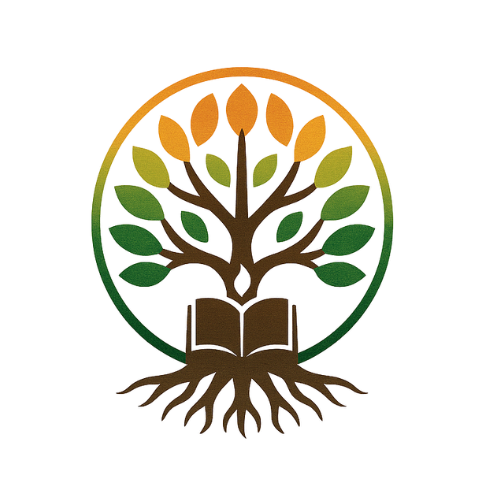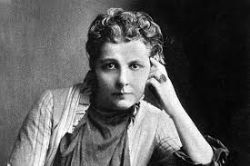Annie Besant
Annie Besant (1 October 1847 – 20 September 1933) was a British social reformer, theosophist, and prominent figure in the Indian independence movement. A passionate advocate for birth control, workers’ rights, and women’s education, she became the second President of the Theosophical Society and later launched the Home Rule League in India.[1]
Early Life and Reform Work
Born Annie Wood in London, she was raised in a devout household and married Anglican clergyman Frank Besant in 1867. The marriage ended in separation in 1873. She subsequently joined the National Secular Society and the Fabian Society, writing on progressive causes such as workers’ rights, women’s suffrage, and birth control. She was tried for obscenity in 1877 for publishing a pamphlet on contraception but saw the conviction overturned.[1]
In 1888, she organized the Bryant & May matchgirls’ strike, leading to improved labor conditions for women workers.[2]
Theosophy and India
A spiritual seeker, Besant joined the Theosophical Society in 1889 and became its international president in 1907, promoting universal brotherhood and Eastern philosophy.[1]
She arrived in India in 1893, adopting Indian dress, learning Sanskrit, and translating the Bhagavad Gītā. In 1898, she founded Central Hindu College in Varanasi, later integrated into Banaras Hindu University.[3]
Home Rule Movement
In 1914, she acquired and renamed the Madras Standard as New India, advocating Swaraj. She founded the All India Home Rule League in 1916 alongside Bal Gangadhar Tilak. In 1917, following public outcry after her arrest, she was elected the first woman President of the Indian National Congress.[2]
Later Years and Legacy
Besant remained active in Indian politics, education, and theosophy until her death in Adyar in 1933. She is remembered for pioneering women’s rights, educational reform, and constitutional nationalism in India. Her ashes were interred at the international headquarters of the Theosophical Society, where her resting place remains a site of reverence.[1]
See Also
- Theosophical Society
- Home Rule League
- Indian National Congress
- Central Hindu College
- Banaras Hindu University


